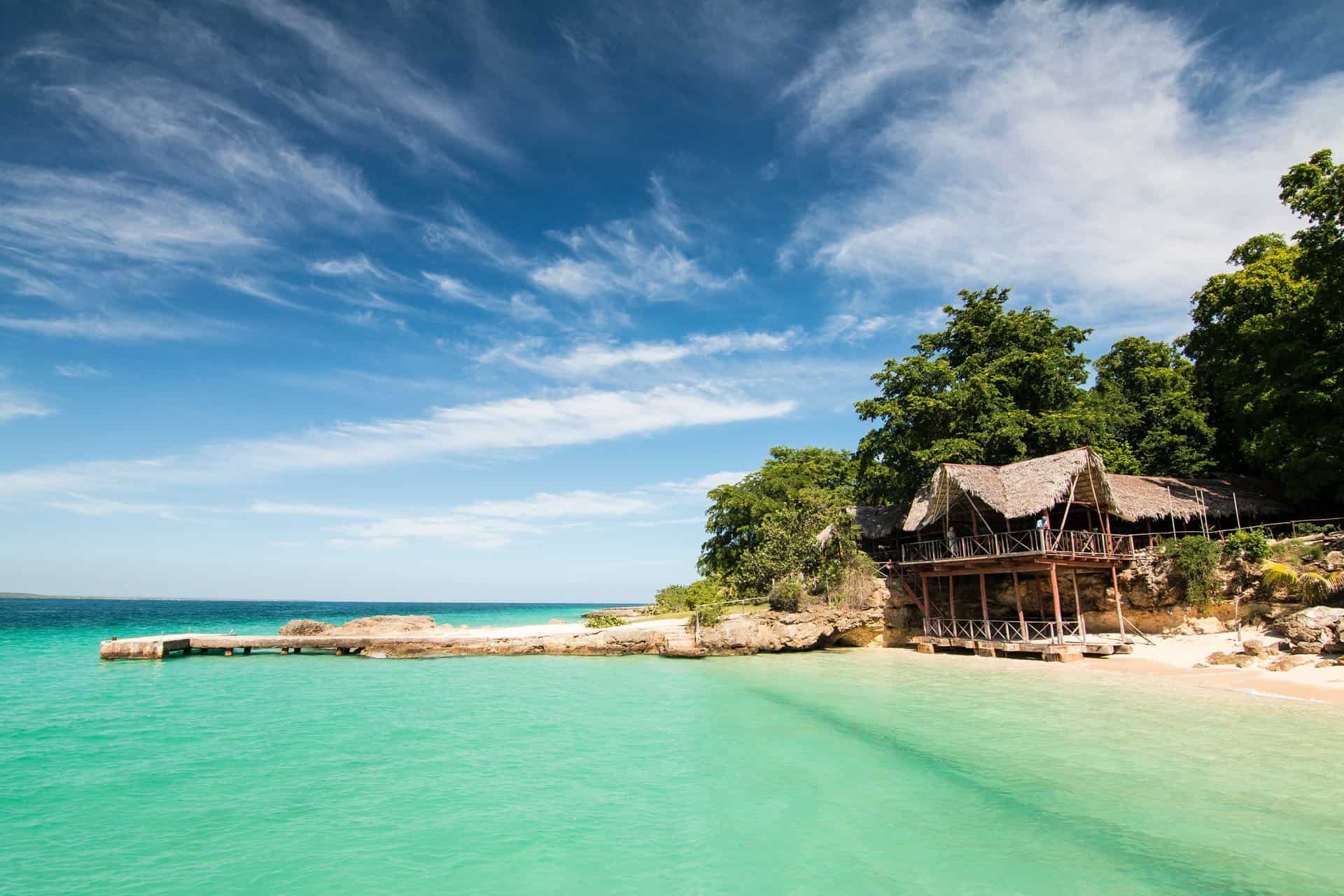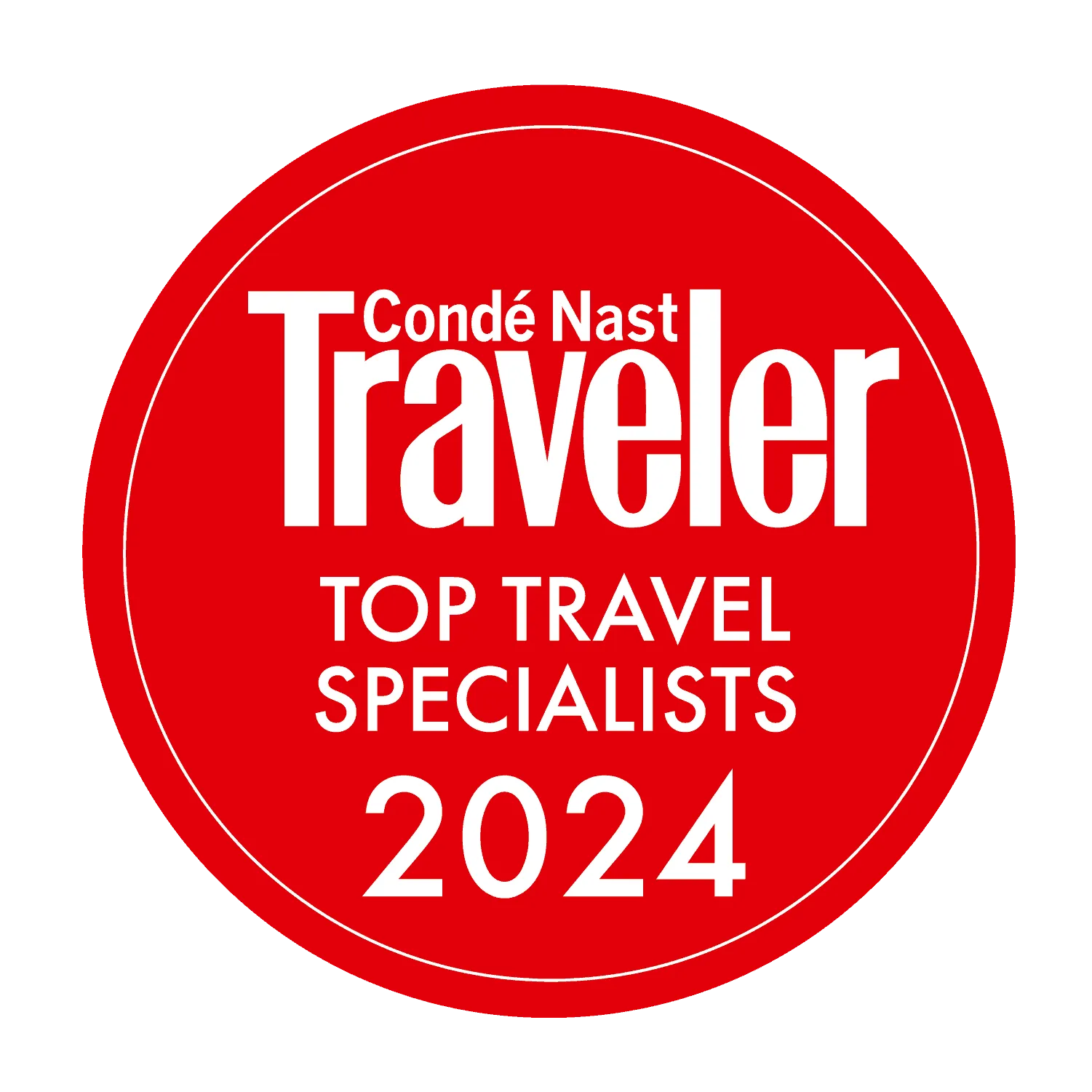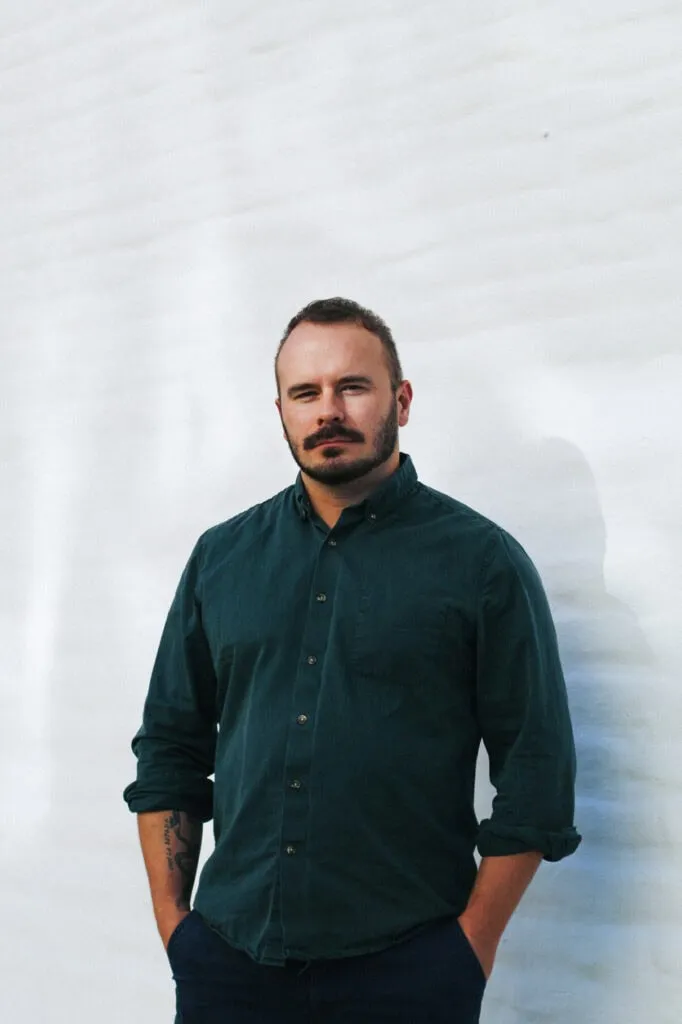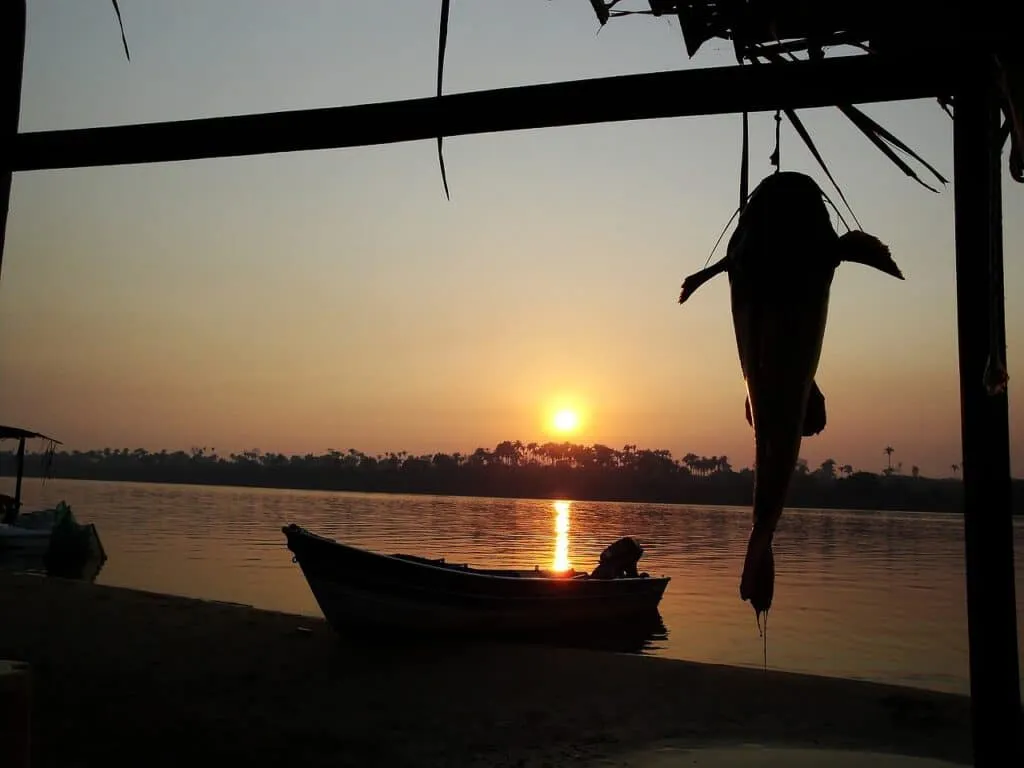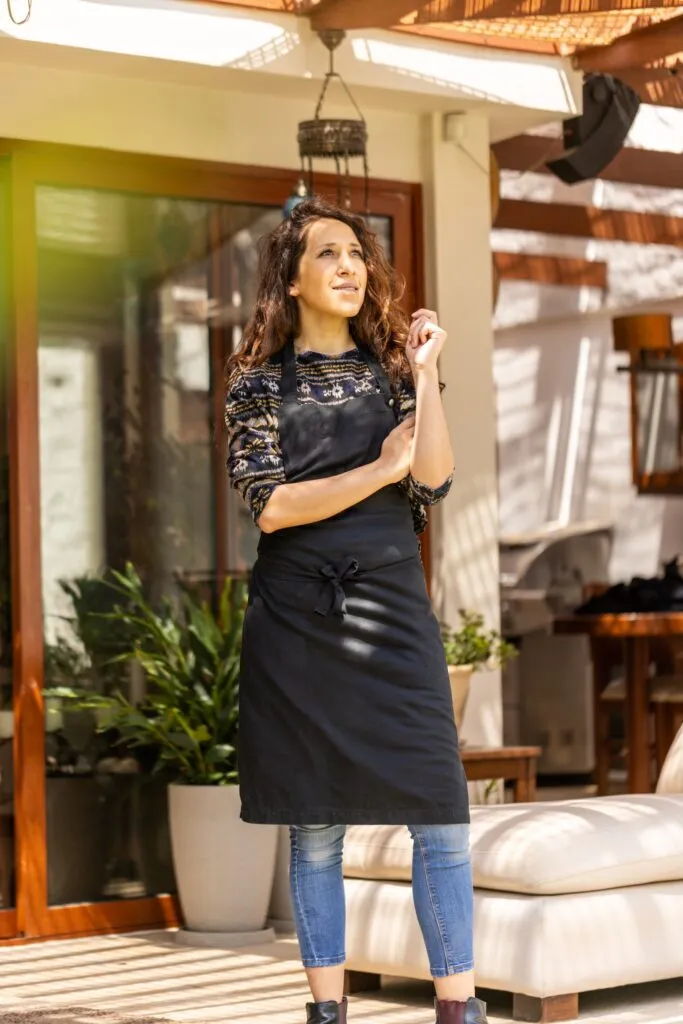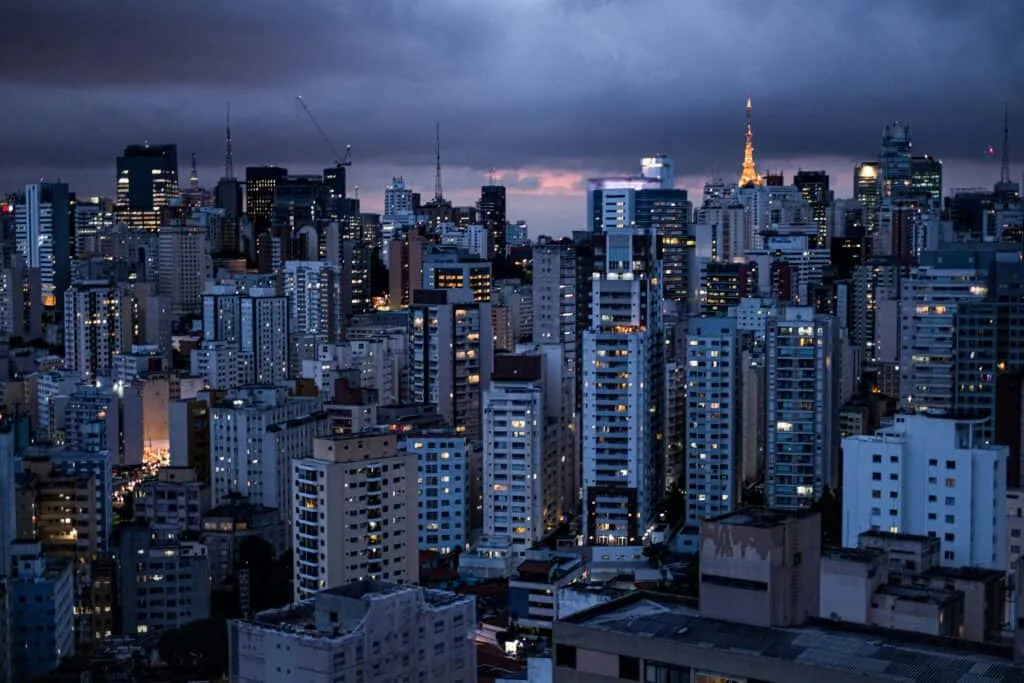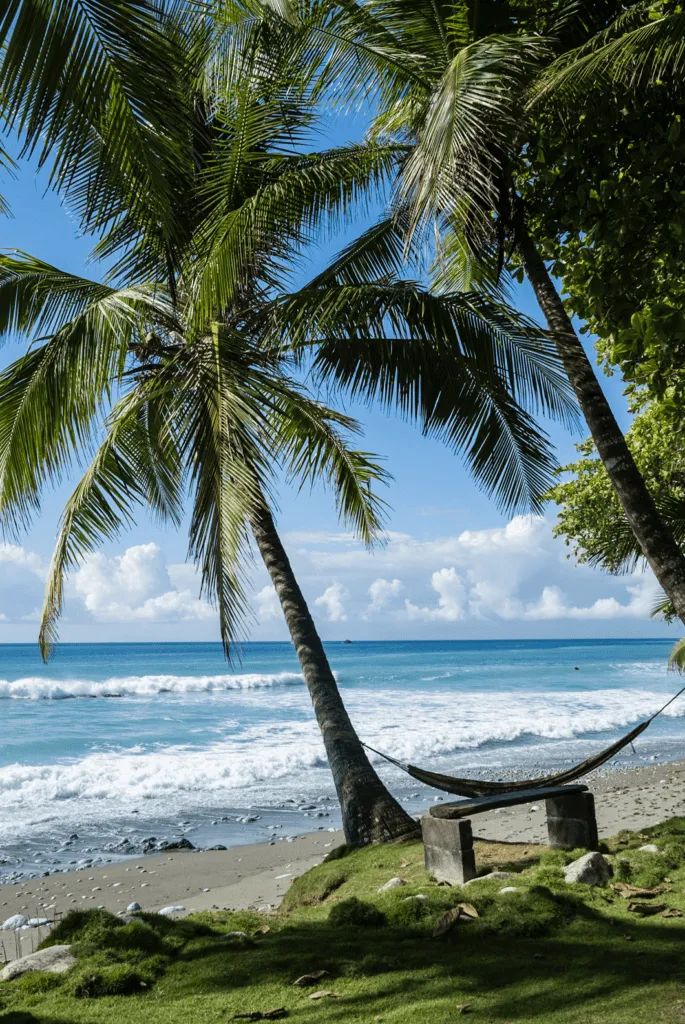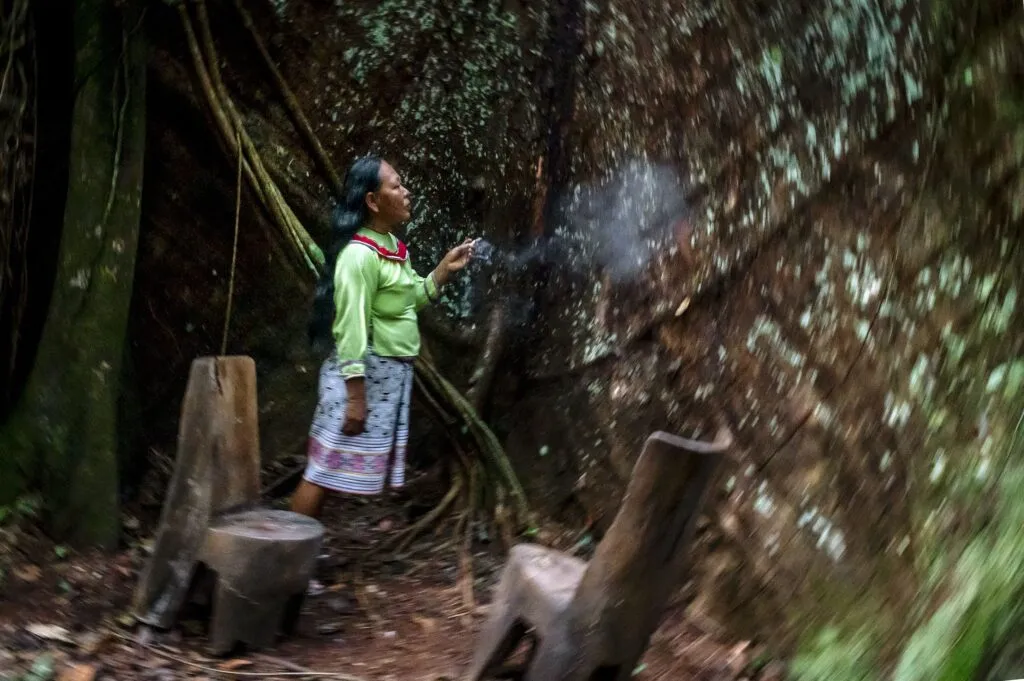
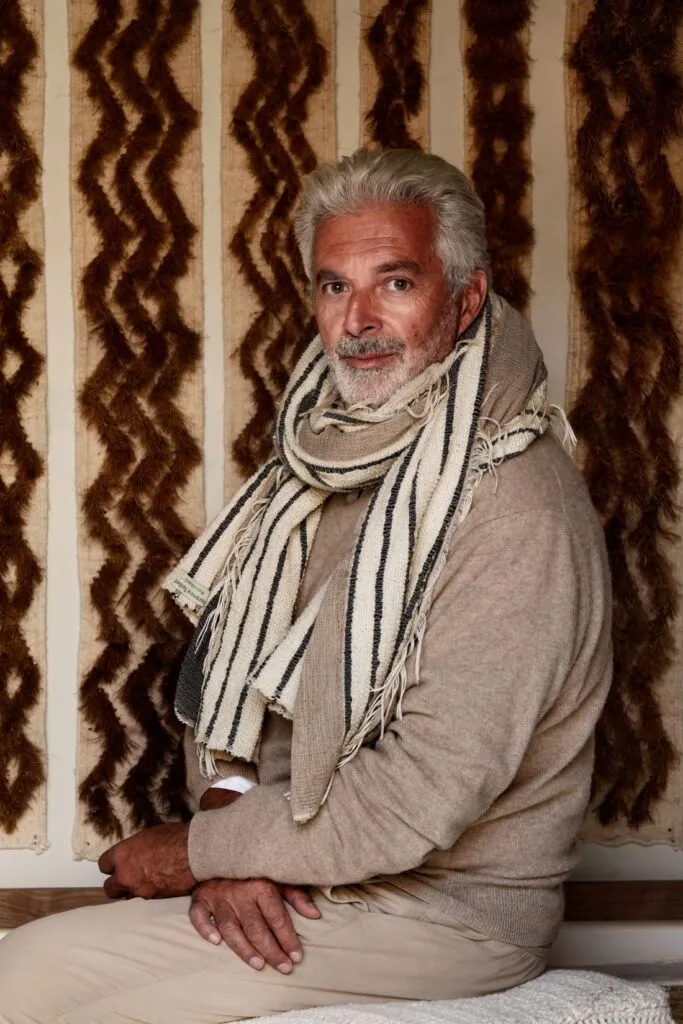
Thierry Teyssier has made a career of tearing up the rulebook of luxury travel.
The French hotelier, best known for Dar Ahlam in Morocco, launched 700’000 Heures Impact in 2018, named after the average number of hours in a lifetime. Conceived as a nomadic, regenerative experiment, it creates temporary “floating hotels” in places as far-flung as Brazil, Cambodia and Japan, working with local communities to craft fleeting experiences.
We caught up with Thierry to discuss the philosophy behind 700’000 Heures Impact, his recent projects in Mexico and Peru, and where he sees the future of travel.
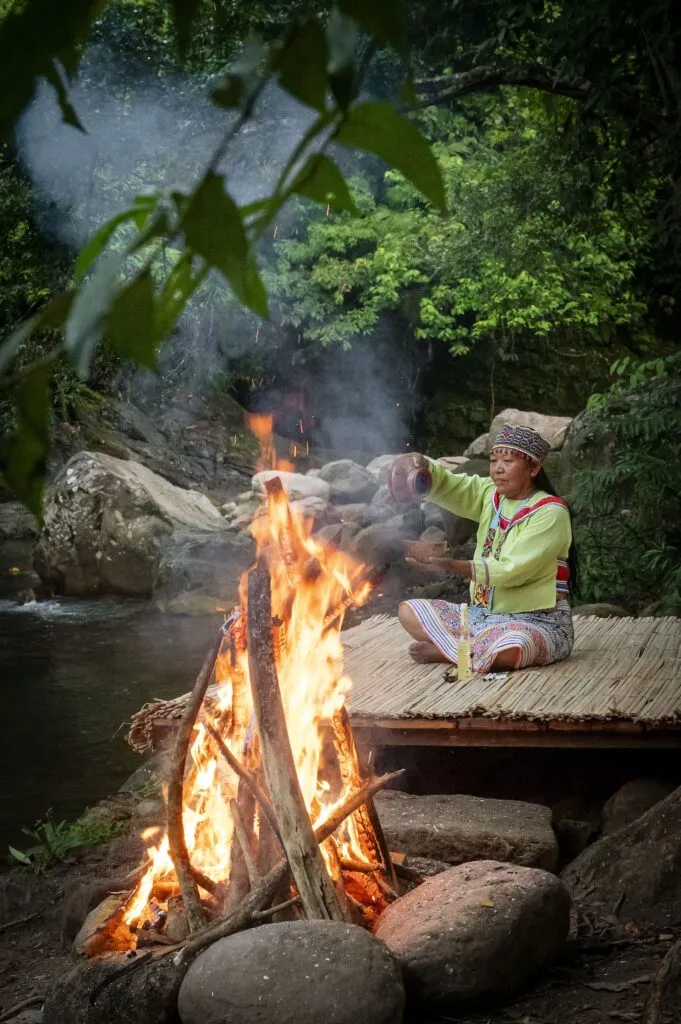
Tell us a little about 700,000 Heures Impact. What does it feel like to travel with you?
To travel with us means to let go and accept being lost. I believe in hospitality, not ‘hotellerie’. We don’t sell rooms, we create unique moments. We plan everything in advance, but with no rules, no fixed programme… you have to be ready to be surprised – and open your eyes, your mind, your soul.
When you work in hospitality, it’s easy to make people happy by taking care of them. But what I like is to push them to think differently. When you’re uncomfortable and don’t know exactly what will happen, you lose your habits and start to feel lost, and that’s the moment you can decide to let go. My work today is to push you to let go, because if you don’t, you stay linked to your normal life. The real question is: why did you decide to travel? What do you expect when you travel? What are you waiting for? If you don’t let go, you can’t find the answers.
I think we’re wrong when we talk about hospitality as a service industry. We should call it a relationship industry (even if I hate the word industry). Hospitality means accepting others and being ready to welcome them in their difference.
Your latest project took you to Mexico. What drew you there?
I first visited a year and a half ago, and I immediately felt that I wanted to do something in the forest. It’s beautiful – mountains, vanilla and coffee plantations, honey, pottery workshops – and there was already a lot of regeneration happening in the village. It was obvious that it had to be combined with some time on the beach, since when you’re on the Pacific Coast, you want to be by the ocean – and then Oaxaca, for culture.
We created a nine-night journey between Oaxaca City, Puerto Escondido, and the forest of Pueblo del Sol. It started with three nights at a traditional house in Oaxaca’s historical district, focusing on culture and history, with special openings, different things to see, and people to meet. Then three nights disconnecting completely on the beach in Puertecito, between Puerto Escondido and Mazunte, where we stayed in this amazing house that’s received a lot of architectural awards – it’s 4 blocks of concrete and wood, on a beach where only a few locals go and no one else.
Finally, we ended in the forest, reconnecting with nature. We organised a silent dinner there, facing an ancient, sacred tree, and we added hundreds of candles. The purpose was to have a whole day of purification and temazcal and massage, then to finish by dining in silence – to reconnect, to feel the power of nature, and to thank that sacred tree for protecting us.
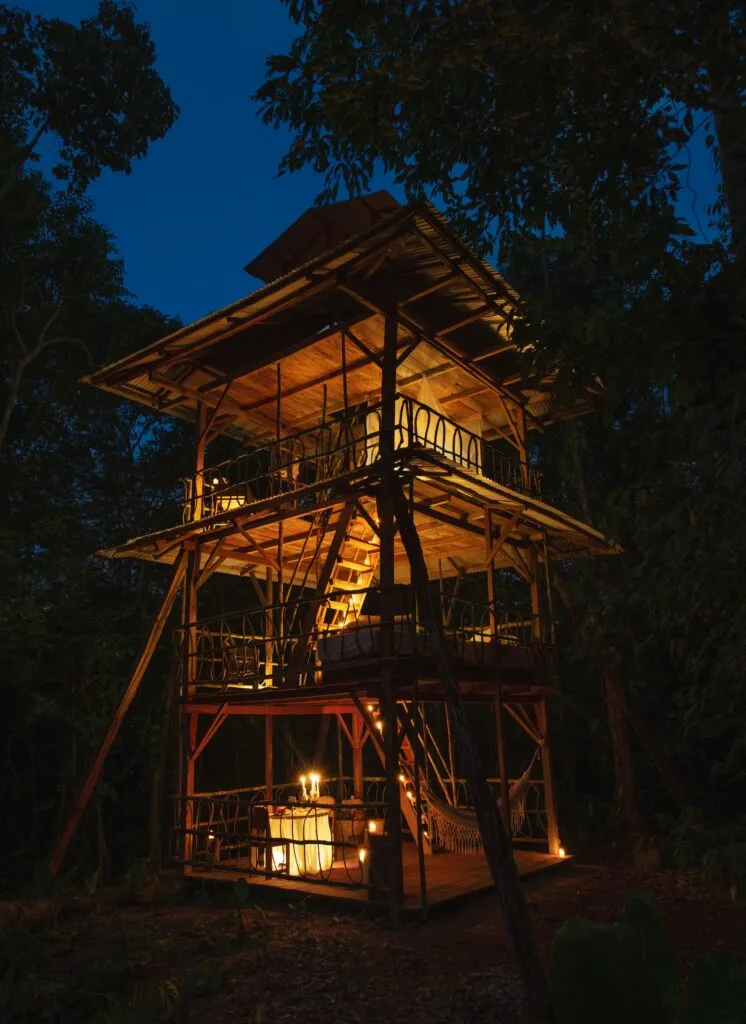
Prior to Mexico, you were in the Peruvian Amazon, and Brazil’s Lençois Maranhenses before that. Which has been your most challenging project?
Honestly, all of them. Each opening was special with huge challenges – and every time was something new. For example, in Peru, we went to reset a small lodge near Tarapoto that was already open, and test our concept of Regenerative Hospitality: how can we use hospitality to support communities, rather than the opposite?
We reduced 12 rooms to 3 suites, built a lounge platform, turned the restaurant into a forest lab, and created an observatory in the middle of the forest to spend a night in jaguar territory. We also supported their regenerative projects, including a paper factory, a cacao plantation and Melipona honey production.
What is it that keeps you coming back to Latin America?
So many historical cities and towns all over Latin America – Oaxaca, Arequipa, Barichara – share the same DNA. They are different, of course, and have their own histories – but they are all deeply creative and connected to their culture. People there still work with their hands year round, selling their products. There’s a new generation of chefs, interesting gastronomy, mezcal production, archaeological sites – it’s a very interesting, surprising mix.
How do you decide where to launch a new project?
It always comes from the community. I’m a sixty-year-old white man – if I arrive with a “vision” and tell them I know what they want, that’s another kind of colonisation. Maybe they don’t want or need it. The right way is to say: what do you want? Do you want us here, and in what way?
Take Pueblo del Sol, for example. The community wanted to develop more experiences and organise a regenerative project around the village, so we created a photography workshop. A photographer spent a month with them, sharing his camera and guiding the project. They told us what they wanted – a clear vision for the next few years. For them, it made sense to finish with something related to nature, so we designed a program where indigenous people would offer massages and purification treatments.
It has to be a totally opposite, upside-down process. If not, hospitality creates dependency. Yes, you create jobs, but if the hotel closes, everyone loses everything. It’s their idea, their land, their place – not mine.
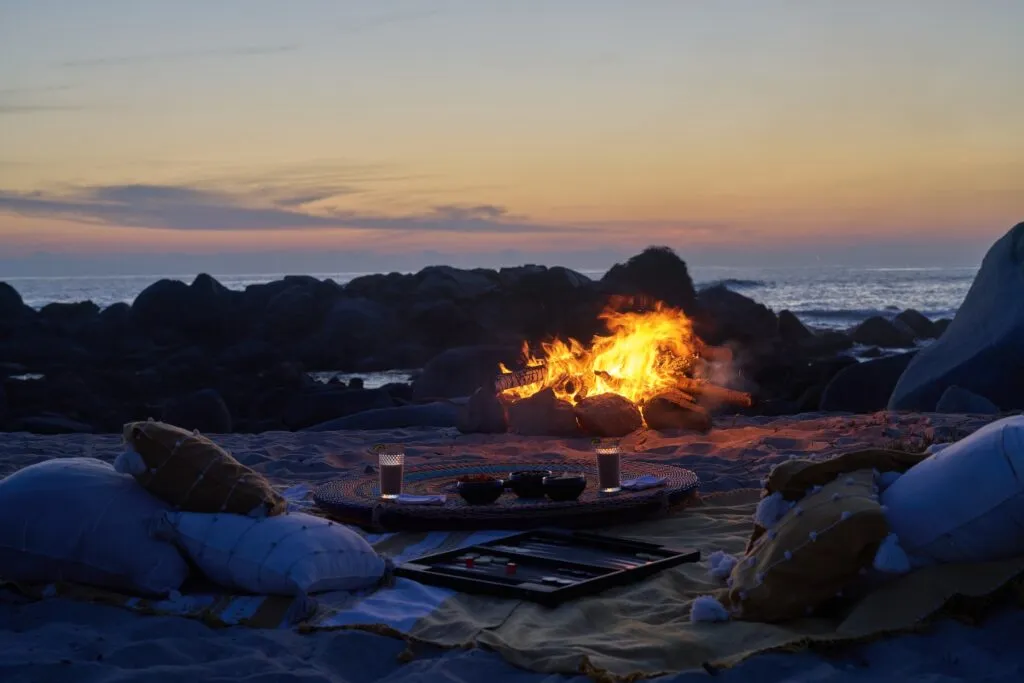
What is your vision of the future of travel?
Travel has to become regenerative. We must give back everything we destroyed or extracted during the last 50 years. Hospitality has to become micro-hospitality. Rather than touching places and changing the balance, you can go to remote places and become the bridge in between travellers and locals – if they ask for it and accept you. Limiting the numbers of rooms and tourists in each place would protect them.
With 700,000 Heures Impact, the aim is for hospitality revenues to be used as a tool to promote and develop new projects from the community, with the community, for the community. Eventually, they’ll become independent and won’t need the hospitality income at all – even if they want to stop the project, their development will continue.
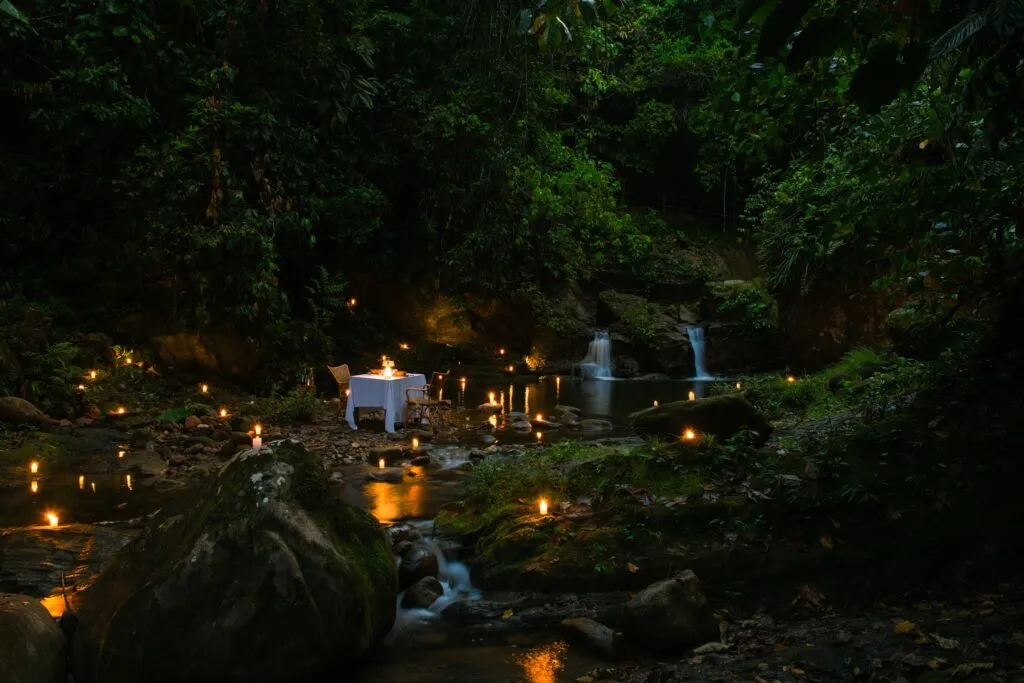
What’s next for 700,000 heures impact?
Next year, we’ll be in Rwanda, where we’ve decided to create the first immersive hospitality project, inspired by New York City’s Sleep No More. Guests will come and stay for 7 nights, with theatre, music and so on – and actors, dancers and musicians will be scripted around the project.
Every time you meet someone or come across someone, you won’t know if that person is just a local living there and going to the field to work, or an actor performing in front of you. So for example, you might go to the bus station and buy a ticket in Kigaly, and you will be interrupted by some guy trying to help you. Even if you don’t want help, he will be insistent – but he will be an actor and it will all be part of the script.
Altogether, there will be around 200 people involved – some professionals, many locals. The village wants to make the project all about art, so they will all have a role – part of a song or dance or a play – even if just for five minutes.
And what about for you?
I just finished writing a book, The 12 Keys of Hospitality, which was a real adventure for me – more challenging than living in the Amazon!
I’m also launching a program of creative workshops on hospitality. The first one will be in September with a group of 14 hoteliers – our “guinea pigs” to see if it works. After that, we will open to the market. If you’re an independent hotelier or an international brand and want to find ways to make your hotel more personal, I can share some tools to help you. I don’t advise hoteliers to copy what others do, or come in as a consultant to tell you what to do – I offer my tools and ideas so the people who live there can create their own experiences.
Finally, I just launched a newsletter called Tomo, about curation around the world. Take a look – and subscribe, if it interests you.
